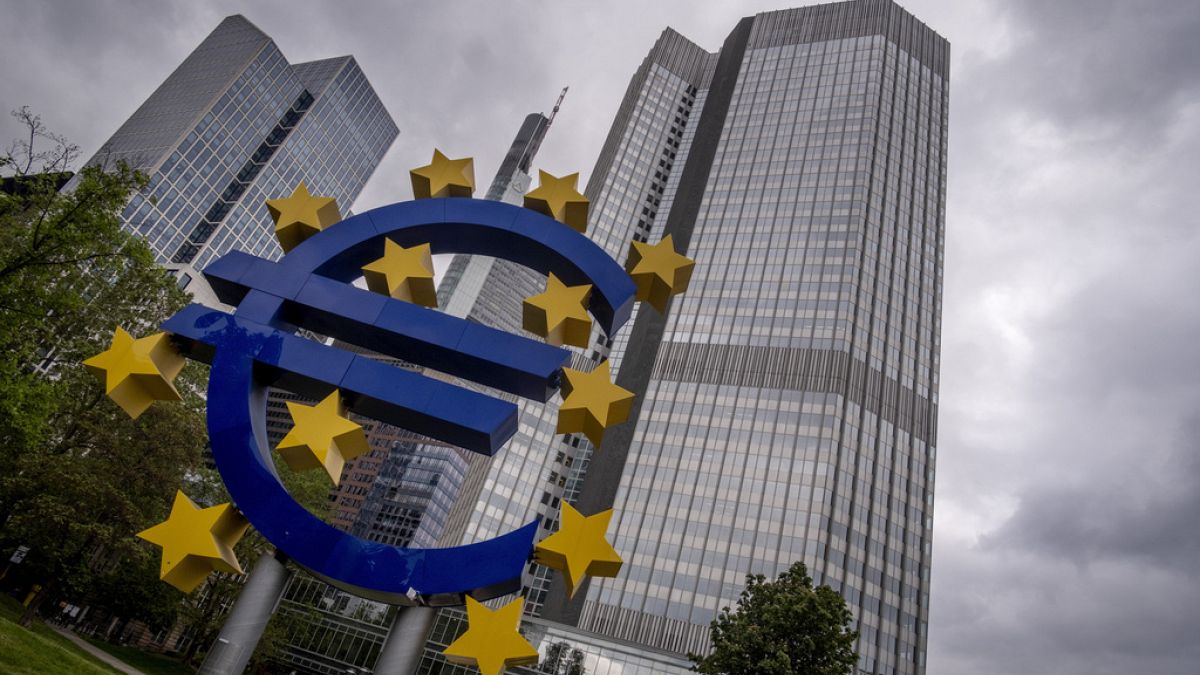

In the ever-evolving landscape of international economics, recent discussions around job growth in the eurozone and trade policies between major global players have captured significant attention. These topics not only reflect the current state of economic affairs but also set the tone for future developments in international trade and employment.
Job Creation in the Eurozone: Spain at the Forefront
The question of which country is leading in job creation within the eurozone has sparked interest following statements made by Spanish Prime Minister Pedro Sánchez. He claimed that Spain was responsible for creating half of all new jobs in the eurozone. This claim directed attention towards the economic performance of Spain and its possible implications for the broader eurozone economy.
In reality, Spain has indeed been a significant contributor to job creation within the eurozone, but the claim requires deeper investigation to unpack. With Spain’s unemployment rate historically being among the highest in the eurozone, the recent strides in job creation mark a notable shift. Factors contributing to this growth include the country’s deep investment in technology sectors and tourism, both of which have seen a rebound post-pandemic. However, other countries in the eurozone have also shown strong performances in job creation, meaning that while Spain plays a prominent role, it is not solely responsible for half of the new jobs created.
Transatlantic Trade: Challenges and Opportunities
Across the Atlantic, trade relations continue to be an area of concern and opportunity for the European Union. One major discussion point has been the economic impact of U.S. tariffs on European exports. The EU sends approximately one-fifth of its exports to the United States, making it crucial for European economies to monitor and adapt to U.S. trade policies.
Germany’s car manufacturing industry remains particularly vulnerable to tariffs, given its significant export volume to the U.S. Meanwhile, Ireland could face substantial economic challenges should U.S. tariffs extend to the pharmaceutical sector, another key export market. The development of an amicable trade agreement with the U.S. is seen as crucial for stabilizing and securing future economic relations and mitigating potential economic challenges.
U.S. Tariff Policy and the North American Trade Dynamics
In a related development, a recent announcement from former U.S. President Donald Trump signalled a potential increase in tariffs on Canadian goods to 35%. This proposal raises questions about its compatibility with the United States-Mexico-Canada Agreement (USMCA), which aimed to streamline and protect trade within North America. The USMCA, set to undergo review in 2026, currently offers a level of trade protection that might conflict with such a steep tariff hike.
The implications of these potential tariffs highlight the complex landscape of North American trade, which balances national interests with regional economic integration. Stakeholders are closely watching how these proposed changes could affect not just Canada, but also broader economic relations and market dynamics across North America.
Future Prospects for EU-U.S. Economic Relations
Lastly, the European Union continues to navigate its economic relationship with the United States, with optimism surrounding a preliminary agreement to ease ongoing tariff disputes. As both sides work towards this agreement, the EU remains cautious about the long-term impacts on their relationship with the U.S.
The forthcoming negotiations for a comprehensive trade deal are poised to play a pivotal role in defining future transatlantic economic ties. Both the EU and U.S. have the opportunity to foster stronger cooperation in trade, building on shared interests while addressing contentious issues.
In summary, the dynamics of job creation within the eurozone and evolving trade policies across the Atlantic present both challenges and opportunities for economic actors. These developments underscore the interconnectedness of global economic systems and highlight the importance of strategic international cooperation in fostering growth and stability.
Source: {link}
